Russia test-fires Zircon hypersonic missile amid tensions with West
The Russian military has successfully test-fired a hypersonic cruise missile against a target in the White Sea waters in northern Russia, amid rising tensions between Moscow and the West over NATO drills and the recent migrant crisis in eastern Europe.
The Russian Defense Ministry made the announcement on Thursday, saying the military has fired the Zircon missile from the Admiral Gorshkov warship and the missile hit a test target in Russia's Arctic waters of the White Sea.
"The shot was conducted on a sea target in the waters of the White Sea," the ministry said in a statement carried by Russian news agencies, adding that the missile eliminated its target with a "direct hit."
The Zircon has previously undergone several tests in recent years, including another launch from the Admiral Gorshkov and from a submerged submarine.
The hypersonic Russian cruise missile, one of the latest additions to the country's arsenal of weapons called "invincible" by President Vladimir Putin, can travel more than five times the speed of sound and is much harder to track and intercept than traditional projectiles.
Putin used his state of the nation address in 2018 to reveal new hypersonic weapons, including the Zircon, saying it could hit targets at sea and on land with a range of 1,000 kilometers.
The testing was conducted amid fresh confrontation between Russia and the West.
The Russian Defense Ministry said last week that the US is setting up a multinational group of armed forces close to Russia's eastern border in the Black Sea region.
The ministry said the US Navy's guided missile destroyer Porter, tanker vessel John Lenthall, and command ship Mount Whitney were deployed to the Black Sea to take part in multinational drills conducted by the US’ European Command.
The Russian president harshly denounced the "provocative" move and said unscheduled NATO drills in the strategic Black Sea region posed a serious challenge for Moscow.
Britain's most senior military officer, General Nick Carter, warned last week that there is a greater risk of an accidental war breaking out between the West and Russia than at any time since the Cold War.
President Putin and other top Russian officials have already warned the expansion of NATO activities near Russia’s borders is a "red line" for Moscow. NATO has expressed determination to reinforce the security of member states close to Russia following what it claims to be Moscow's “annexation” of Crimea and its backing for pro-Russia separatists in eastern Ukraine.
Moreover, tensions have been mounting in eastern Europe in recent weeks after the European Union accused Russia’s close ally, Belarus, of triggering a migrant crisis on its border by flying in thousands of asylum-seekers and pushing them to try to cross into Poland, an accusation Minsk has adamantly dismissed.
Poland has closed its border with Belarus as the migrants are stranded in freezing temperatures on the border. It has also deployed hundreds of troops to the frontier, put up a fence topped with barbed wire, and approved the construction of a wall.
President Putin has said his country is fully prepared to help resolve the migrant crisis if necessary, also denying accusations that Moscow has helped Belarus orchestrate the crisis on the border, where some 4,000 desperate migrants are stranded.
Arab rights group urges UK to sanction Netanyahu over 'incitement to genocide' in Gaza
‘Political, non-constructive’: Iran slams UNHRC special session on recent riots
Forced evacuations in South Gaza as Israeli military expands control over land
Iran reports steep rise in exports after forex policy shift
Iranian bank loans up 47.2% y/y in Apr-Dec
Macron slams Trump’s ‘bullying’ as US threatens tariffs, pushes Greenland grab
Israeli rape victim and former captive says Hamas felt safer than Israel
VIDEO | Press TV's news headlines


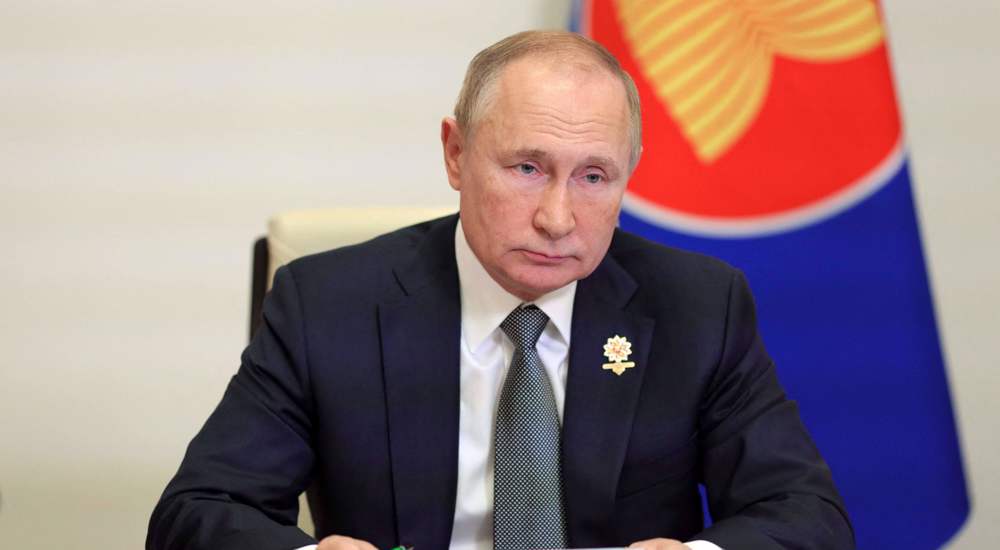
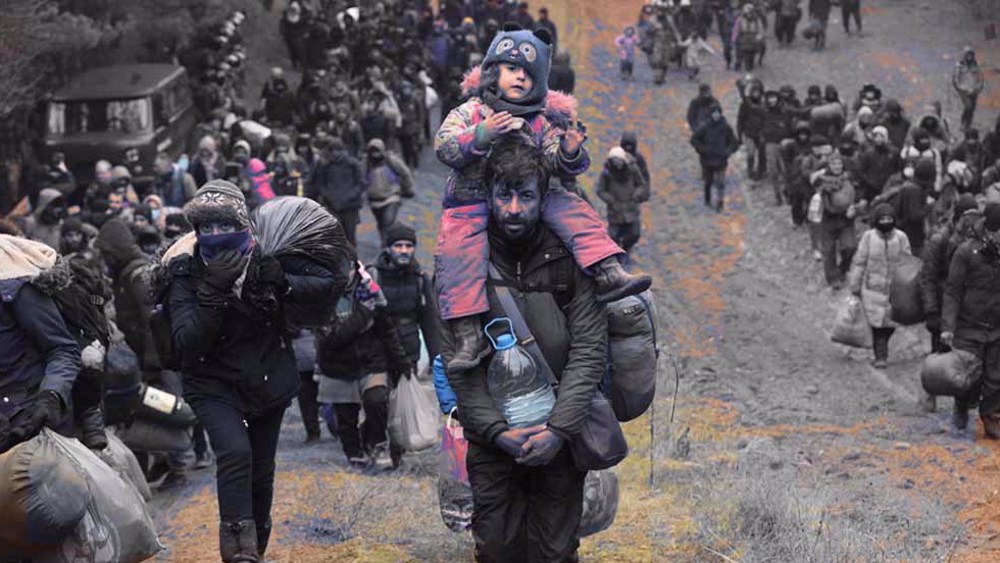
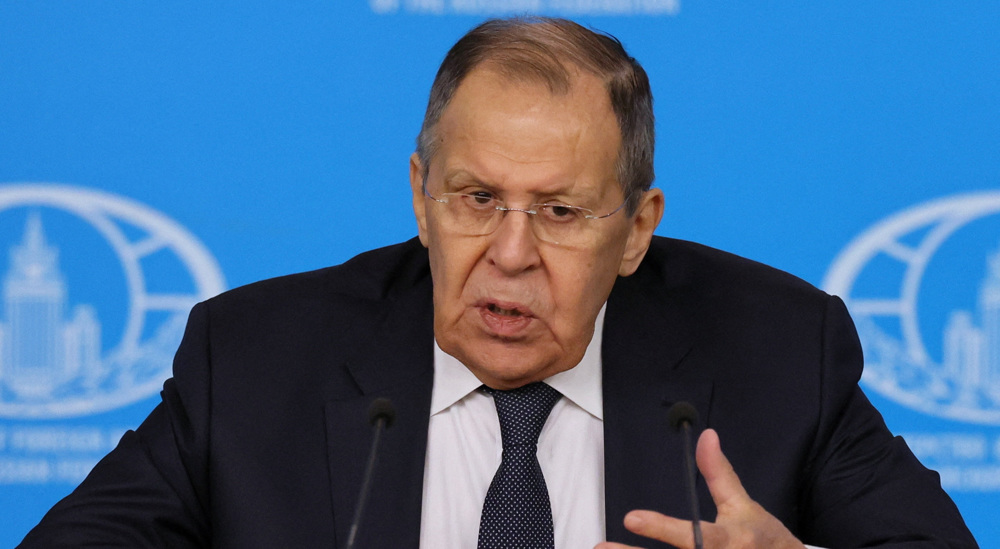
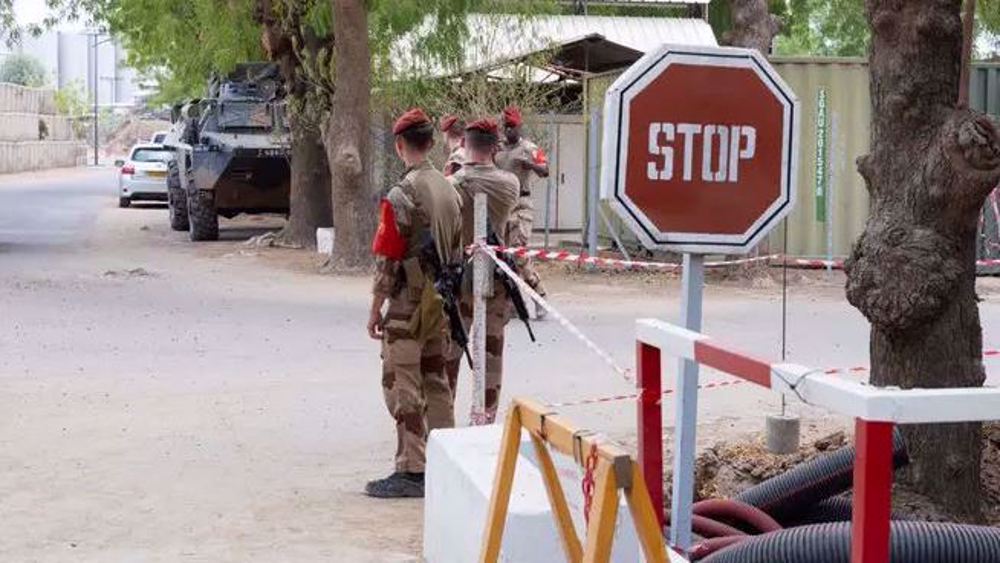
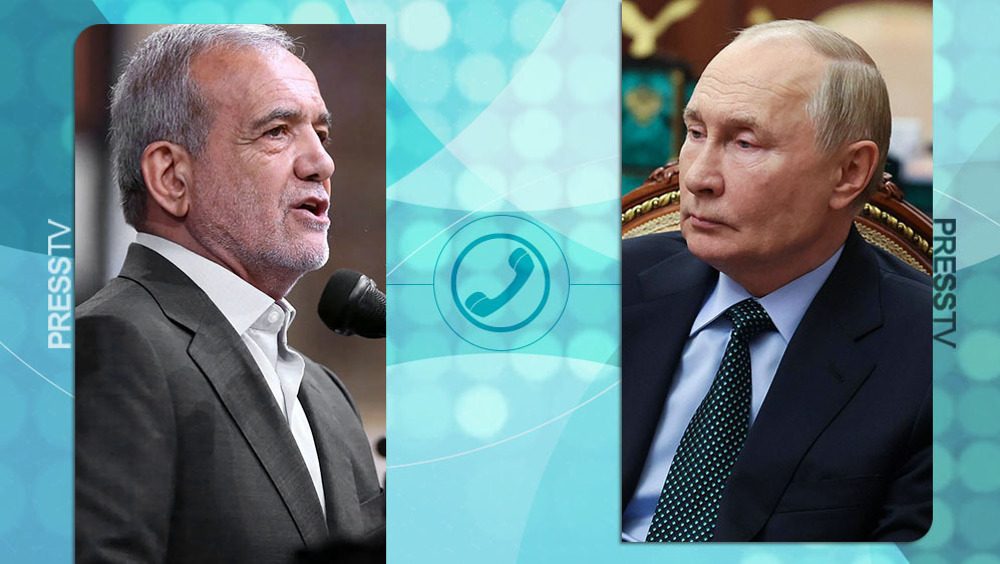




 This makes it easy to access the Press TV website
This makes it easy to access the Press TV website